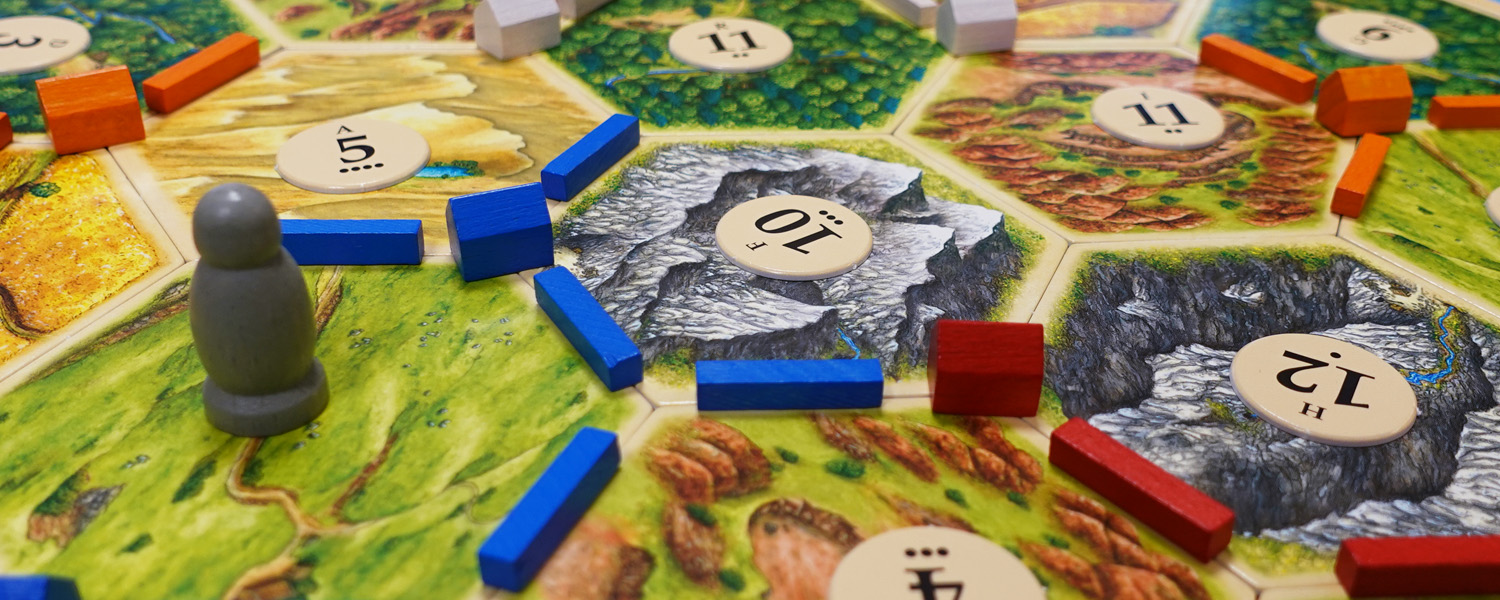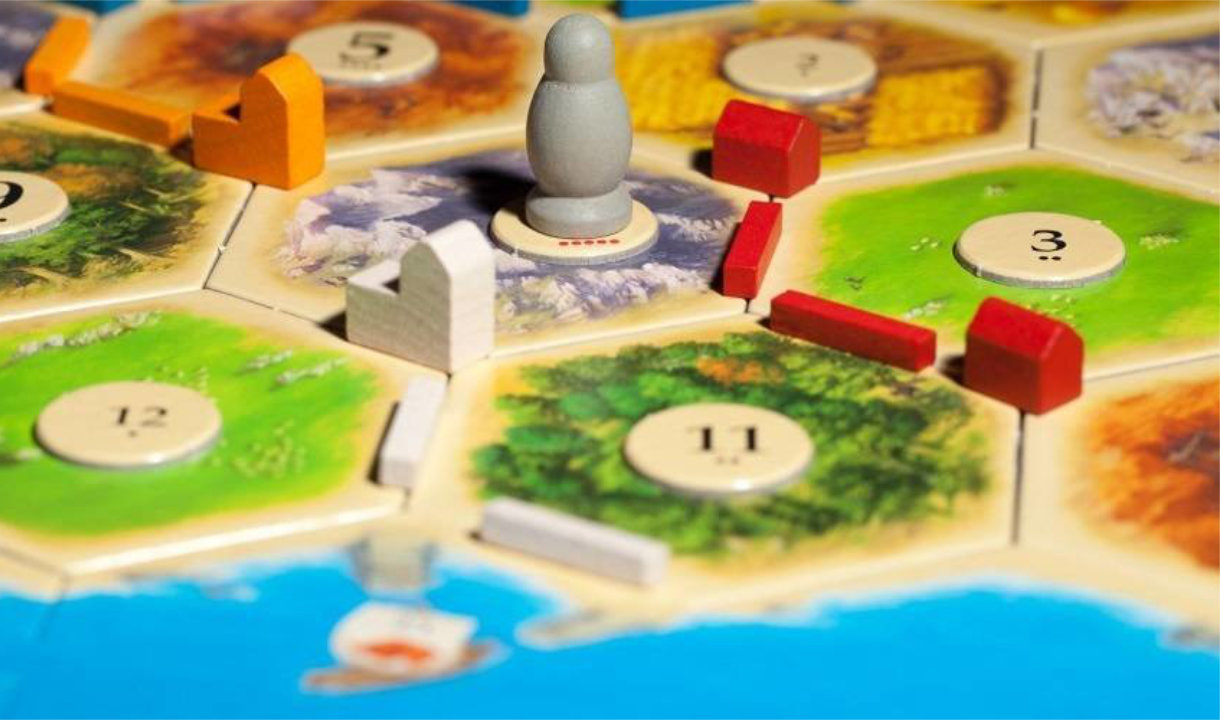Overview of Euro Games
Euro games, also known as German-style board games, are a diverse category of board games that have gained immense popularity worldwide. Originating in Europe, these games are renowned for their strategic gameplay, focus on resource management, and often elaborate components.
Origins and History
Euro games trace their roots to the 19th century, with games like The Landlord’s Game (1903) and Monopoly (1935) laying the foundation. However, it was in the 1980s that Euro games began to flourish, with the release of titles like Carcassonne (1997) and The Settlers of Catan (1995).
Key Characteristics and Gameplay Elements
Euro games are typically characterized by:
- Strategic Gameplay: Players engage in complex decision-making, balancing resource management, area control, and other strategic elements.
- Resource Management: Players collect and allocate resources such as wood, brick, and wool to build structures, purchase cards, or gain other advantages.
- Elaborate Components: Euro games often feature high-quality components, including custom-designed boards, miniatures, and detailed artwork.
- Low Player Elimination: Unlike many other board games, Euro games typically minimize player elimination, allowing all players to remain engaged throughout the game.
Popular Euro Game Genres: Euro Games

Euro games, renowned for their strategic gameplay and engaging mechanics, encompass a diverse range of genres, each with its own unique characteristics and strategies.
From resource management to worker placement, these genres offer a captivating gaming experience that caters to various preferences and skill levels.
Worker Placement
In worker placement games, players strategically allocate their limited number of workers to various actions or locations on the game board.
- Example: Agricola, where players must balance farming, building, and feeding their growing families.
- Unique Mechanics: Optimal worker placement requires careful planning and anticipation of opponents’ moves.
- Strategies: Players must prioritize actions, manage resources, and adapt to changing board states.
Resource Management
Resource management games focus on acquiring, allocating, and optimizing resources to achieve specific goals.
- Example: Terraforming Mars, where players transform the Martian landscape by utilizing resources to build cities, plant forests, and raise oceans.
- Unique Mechanics: Resource scarcity and competition create a dynamic and challenging environment.
- Strategies: Players must balance resource acquisition, conversion, and utilization to maximize their efficiency.
Set Collection
Set collection games involve gathering and combining specific cards or tiles to complete sets or achieve certain objectives.
- Example: Ticket to Ride, where players collect train cards to build railway routes and connect cities.
- Unique Mechanics: Set bonuses and card drafting introduce strategic elements and player interaction.
- Strategies: Players must optimize their card selection, anticipate opponents’ strategies, and plan their routes efficiently.
Euro Game Design Principles
Euro games adhere to a distinct set of design principles that prioritize strategic gameplay and long-term planning. These principles lay the foundation for engaging and thought-provoking experiences that challenge players to optimize resource management, engage in meaningful player interactions, and craft strategic plans to outmaneuver their opponents.
At the core of Euro game design lies a focus on resource management. Players must carefully allocate limited resources, such as money, goods, and time, to achieve their objectives. This resource management aspect adds a layer of complexity to the gameplay, requiring players to weigh the potential benefits of different actions against the costs they incur.
Player Interaction
Euro games also emphasize player interaction, encouraging players to engage in negotiations, trading, and alliances. These interactions create a dynamic and social element to the gameplay, as players must adapt their strategies based on the actions and decisions of their opponents. The ability to form alliances and negotiate favorable deals can significantly impact the outcome of the game.
Strategic Planning
Strategic planning is paramount in Euro games. Players must carefully consider the long-term consequences of their actions and plan their moves accordingly. The games often involve multiple rounds or turns, giving players the opportunity to adjust their strategies based on the evolving game state. This emphasis on strategic planning encourages players to think ahead and anticipate the potential moves of their opponents.
Euro Games in the Board Game Market

Euro games have experienced a meteoric rise in popularity, transforming the board game industry landscape. Their captivating gameplay, strategic depth, and focus on economic and resource management have captured the imaginations of gamers worldwide.
Euro games have revolutionized the board game industry by introducing innovative mechanics and themes. Their emphasis on player interaction, resource management, and strategic planning has challenged traditional game design norms, opening up new possibilities for board game experiences.
Factors Driving Success
- Accessibility: Euro games are designed to be accessible to a wide range of players, with clear rules and simple mechanics.
- Variety: The genre encompasses a diverse range of themes and gameplay styles, catering to different tastes and preferences.
- Strategic Depth: Euro games offer a high level of strategic complexity, rewarding players for careful planning and decision-making.
li>Social Interaction: Many Euro games emphasize player interaction, fostering a sense of community and camaraderie.
Notable Euro Game Designers and Publishers
The Euro game genre has been shaped by the contributions of a number of influential designers and publishers. These individuals and companies have helped to define the genre’s unique characteristics and have played a major role in its growth and popularity.
One of the most influential Euro game designers is Klaus Teuber, the creator of the classic game The Settlers of Catan. Teuber’s games are known for their simple rules, strategic depth, and replayability. He has also been a pioneer in the use of modular boards and variable setup, which allow for a high degree of customization and replayability.
Notable Euro Game Designers
- Klaus Teuber: Known for The Settlers of Catan, Carcassonne, and Agricola. His games are known for their simple rules, strategic depth, and replayability.
- Reiner Knizia: A prolific designer with over 600 games to his credit, including Tigris & Euphrates, Ra, and The Lord of the Rings: The Card Game. Knizia’s games are known for their elegant designs, challenging gameplay, and replayability.
- Stefan Feld: Known for Castles of Burgundy, Trajan, and Amerigo. Feld’s games are known for their strategic depth, replayability, and beautiful artwork.
- Uwe Rosenberg: Known for Agricola, Le Havre, and Caverna. Rosenberg’s games are known for their complex and challenging gameplay, their focus on resource management, and their beautiful artwork.
Notable Euro Game Publishers
- Hans im Glück: A German publisher known for publishing some of the most popular Euro games, including The Settlers of Catan, Carcassonne, and Agricola.
- Mayfair Games: An American publisher known for publishing English translations of many popular Euro games, including Tigris & Euphrates, Ra, and The Lord of the Rings: The Card Game.
- Rio Grande Games: An American publisher known for publishing high-quality Euro games, including Castles of Burgundy, Trajan, and Amerigo.
- Z-Man Games: An American publisher known for publishing a wide range of Euro games, including Agricola, Le Havre, and Caverna.
Euro Game Variants and Expansions

Euro games often offer variants and expansions that extend and enhance the gameplay experience. Variants are modifications to the base game’s rules, while expansions introduce new content such as additional maps, components, or scenarios.
Variants can provide a fresh perspective on a familiar game, introducing new challenges or strategic options. For example, the “Advanced Variant” for Agricola adds new rules for crop rotation and animal breeding, creating a more complex and rewarding experience.
Popular Variants and Expansions, Euro games
- The Castles of Burgundy: The Lady Expansion introduces new game elements such as a lady meeple and new castle tiles, adding depth and strategic variety to the base game.
- Pandemic: On the Brink expansion includes new roles, events, and challenges that increase the game’s difficulty and replayability.
- Terraforming Mars: Prelude variant streamlines the game’s setup and early turns, making it more accessible to new players.
Euro Games and Technology
The world of Euro games has been greatly impacted by the advent of technology. Digital platforms and apps have made it easier than ever for people to play Euro games online, with friends or with strangers from around the world. This has led to a surge in the popularity of Euro games, as well as the development of new and innovative ways to play.
Digital Platforms and Apps
There are a number of different digital platforms and apps that allow people to play Euro games online. Some of the most popular platforms include Board Game Arena, Yucata, and Tabletopia. These platforms offer a wide variety of Euro games to choose from, and they allow players to create their own games and invite friends to join them.
Digital platforms and apps have a number of advantages over traditional board games. First, they are more convenient. Players can play Euro games online at any time of day or night, and they don’t have to worry about finding a group of people to play with. Second, digital platforms and apps are more affordable. Many Euro games are available for free or for a low cost, and players don’t have to buy physical copies of the games.
Potential for Future Technological Advancements
The future of Euro games is bright. As technology continues to develop, we can expect to see even more innovative and exciting ways to play Euro games. Some of the potential technological advancements that could impact Euro games include:
- Virtual reality (VR): VR could be used to create immersive Euro game experiences that allow players to feel like they are actually sitting at a table with their friends.
- Augmented reality (AR): AR could be used to overlay digital information onto physical board games, creating new and exciting ways to play.
- Artificial intelligence (AI): AI could be used to create intelligent opponents for Euro games, making it possible for players to enjoy a challenging game even when they don’t have anyone else to play with.
These are just a few of the potential technological advancements that could impact Euro games in the future. As technology continues to develop, we can expect to see even more exciting and innovative ways to play these popular games.
Euro Games in the Gaming Community
Euro games have carved out a significant niche in the gaming community, attracting a dedicated following that appreciates their strategic depth, interactive gameplay, and social dynamics.
Euro games foster a sense of community by providing a shared experience that encourages collaboration and competition. Players often engage in lively discussions about strategy, tactics, and game mechanics, creating a shared vocabulary and sense of belonging.
Social Interaction and Group Dynamics
Euro games promote social interaction by requiring players to engage with each other, negotiate, and make alliances. They encourage players to develop their communication skills, learn to compromise, and understand different perspectives. This can lead to stronger bonds between players and a more enjoyable gaming experience.
Fostering Competition
While Euro games are often seen as less confrontational than other genres, they still foster a sense of competition. Players strive to optimize their strategies, outmaneuver their opponents, and achieve victory. This healthy competition can motivate players to improve their skills and engage more deeply with the game.
